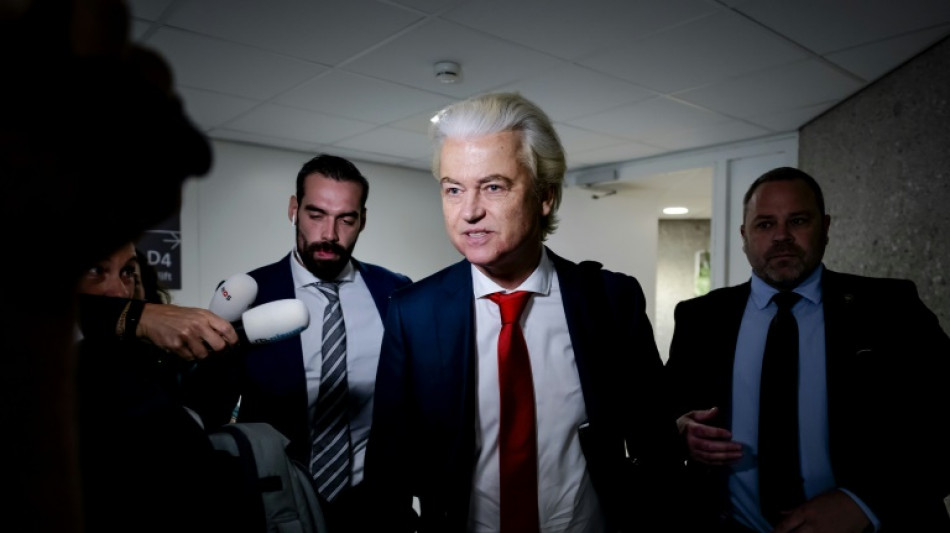
-
 Five journalists among 20 killed in Israeli strikes on Gaza hospital: civil defence
Five journalists among 20 killed in Israeli strikes on Gaza hospital: civil defence
-
Telegram's Durov blasts French probe one year after arrest
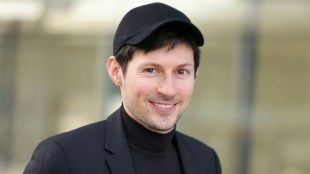
-
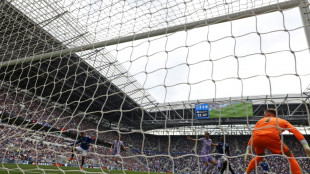 African players in Europe: Another historic goal for Ndiaye
African players in Europe: Another historic goal for Ndiaye
-
Amorim warns Mainoo he must fight for his Manchester United place
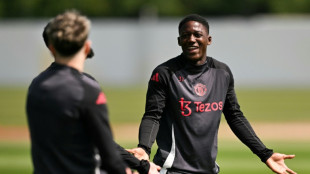
-
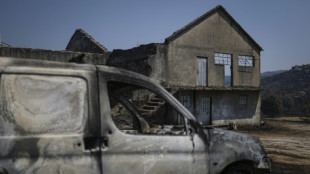 Portugal counts the cost of its biggest ever forest fire
Portugal counts the cost of its biggest ever forest fire
-
Russia to hold espionage hearing against French researcher
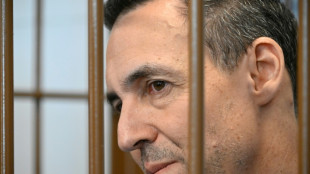
-
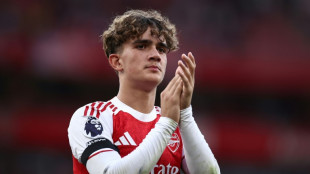 Rooney forecasts 'massive future' for Arsenal teen sensation Dowman
Rooney forecasts 'massive future' for Arsenal teen sensation Dowman
-
Four journalists among 15 killed in Israeli strikes on Gaza hospital: civil defence

-
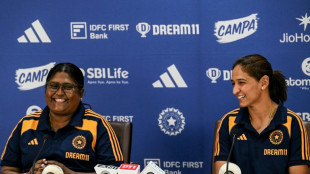 India cricket ends $43.6 mn sponsorship after online gambling ban: report
India cricket ends $43.6 mn sponsorship after online gambling ban: report
-
France's sole Paris Olympics athletics medallist Samba-Mayela to miss worlds
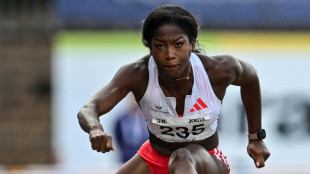
-
 Springboks recall Jasper Wiese, but brother Cobus misses out
Springboks recall Jasper Wiese, but brother Cobus misses out
-
Asian markets rally on US rate cut hopes
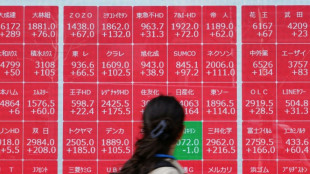
-
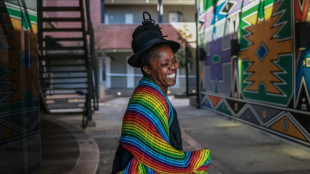 Zanele Muholi, S.African photographer reclaiming identity
Zanele Muholi, S.African photographer reclaiming identity
-
'Restoring dignity': Kenya slum exchange offers water for plastic
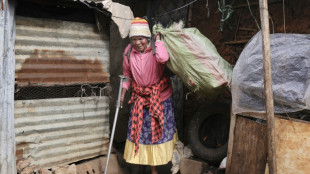
-
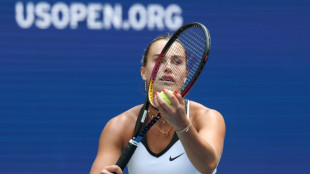 Sabalenka, Djokovic into US Open round two as fuming Medvedev exits
Sabalenka, Djokovic into US Open round two as fuming Medvedev exits
-
Human ancestor Lucy gets first European showing in Prague

-
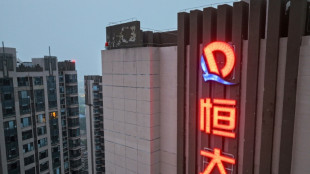 China Evergrande Group delisted from Hong Kong stock exchange
China Evergrande Group delisted from Hong Kong stock exchange
-
A healer and a fighter: The double life of UFC star Shi Ming
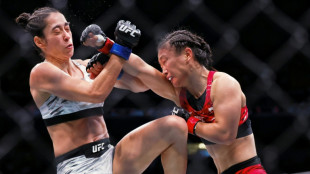
-
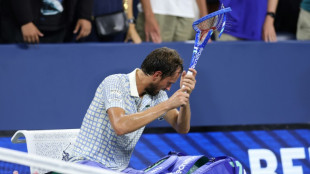 US Open chaos as Bonzi ousts raging Medvedev
US Open chaos as Bonzi ousts raging Medvedev
-
Bleak future for Rohingya, as Bangladesh seeks to tackle crisis
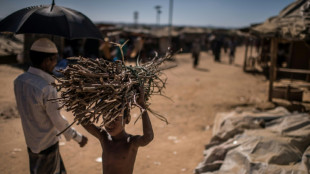
-
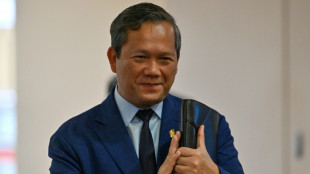 Cambodia MPs pass law allowing stripping of citizenship
Cambodia MPs pass law allowing stripping of citizenship
-
What to look for at the Venice Film Festival
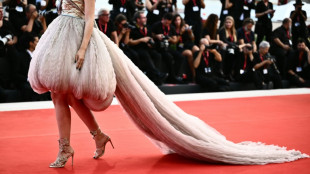
-
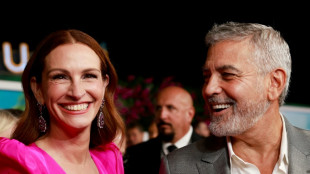 Venice welcomes Julia Roberts, George Clooney to film festival
Venice welcomes Julia Roberts, George Clooney to film festival
-
Djokovic voices physical concerns after US Open win
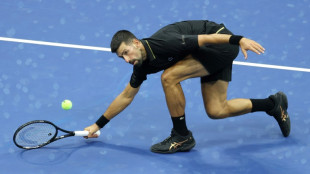
-
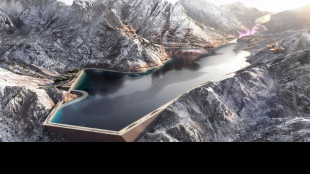 Olympic Council of Asia says Saudi Winter Games 'on schedule'
Olympic Council of Asia says Saudi Winter Games 'on schedule'
-
Asian markets rise on US rate cut hopes
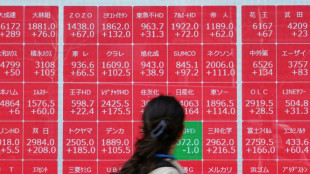
-
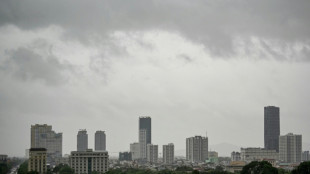 Vietnam evacuates tens of thousands ahead of Typhoon Kajiki
Vietnam evacuates tens of thousands ahead of Typhoon Kajiki
-
Sabalenka into US Open second round, Djokovic off the mark
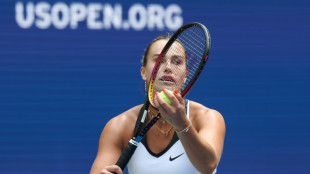
-
 Australian mushroom meal survivor says 'half alive' after wife's killing
Australian mushroom meal survivor says 'half alive' after wife's killing
-
SpaceX calls off Starship megarocket launch in latest setback
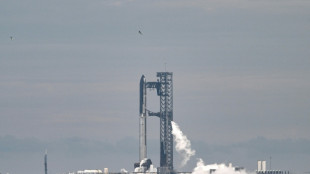
-
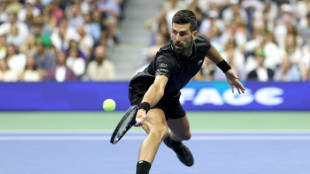 Djokovic shrugs off blisters to advance at US Open
Djokovic shrugs off blisters to advance at US Open
-
Israeli strikes in Yemen's capital kill six, Huthis say
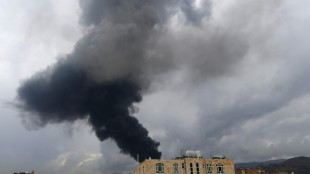
-
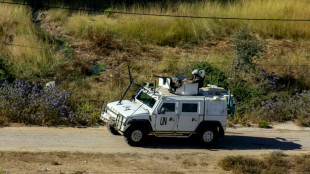 UN Security Council to vote on embattled Lebanon peacekeepers
UN Security Council to vote on embattled Lebanon peacekeepers
-
Egyptian farmers behind world's perfumes face climate fight alone
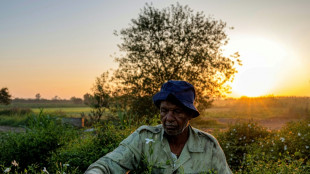
-
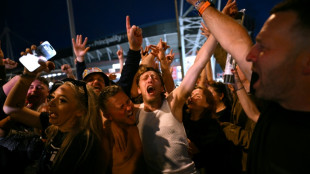 'Life-long dream': Oasis kicks off North American tour in Toronto
'Life-long dream': Oasis kicks off North American tour in Toronto
-
Australia's mushroom murderer faces victims' family in court

-
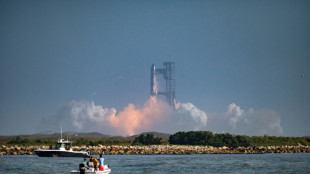 SpaceX cancels Starship megarocket launch in latest setback
SpaceX cancels Starship megarocket launch in latest setback
-
'Over the moon': Filipino Eala bags historic first at US Open

-
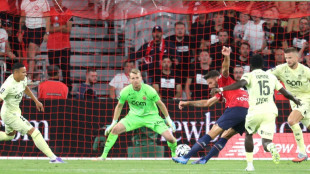 'Big brother' Giroud strikes late to lift Lille past Monaco
'Big brother' Giroud strikes late to lift Lille past Monaco
-
Fleetwood triumphs at Tour Championship for elusive first PGA Tour title
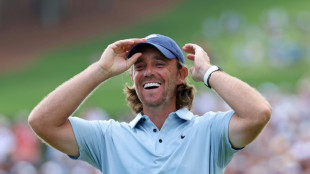
-
 Mbappe fires Madrid to victory at Real Oviedo
Mbappe fires Madrid to victory at Real Oviedo
-
Giroud strikes late to lift Lille past Monaco, Rennes implode early at Lorient
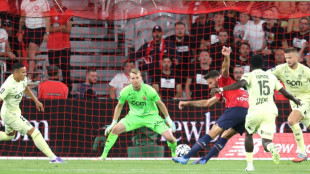
-
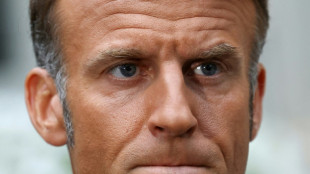 Row breaks out as US diplomat criticises France on antisemitism
Row breaks out as US diplomat criticises France on antisemitism
-
Israeli bulldozers uproot hundreds of trees in West Bank village
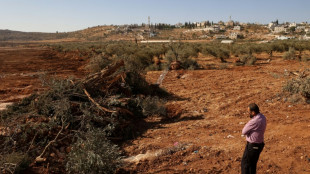
-
 David strikes on Serie A debut as Juve ease past Parma
David strikes on Serie A debut as Juve ease past Parma
-
Sabalenka into US Open second round as Fritz, Shelton advance
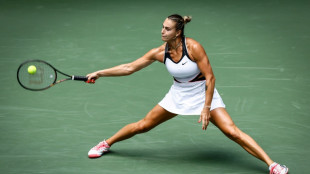
-
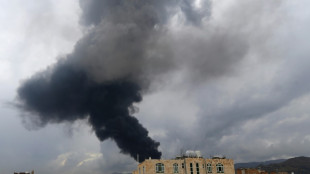 Israeli strikes in Yemen's capital kill four, Huthis say
Israeli strikes in Yemen's capital kill four, Huthis say
-
England's Botterman aiming to be world's 'best loosehead prop'

-
 Kneecap defy critics with 'Free Palestine' chant at Paris gig
Kneecap defy critics with 'Free Palestine' chant at Paris gig
-
New Zealand start Women's Rugby World Cup defence by downing battling Spain
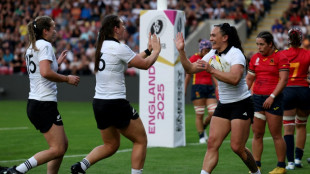

Dutch government falls as far-right leader Wilders quits coalition
Far-right Dutch leader Geert Wilders withdrew his party from the government Tuesday in a row over immigration, bringing down a shaky coalition and likely ushering in snap elections.
Wilders has been frustrated with what he saw as the slow pace of introducing the "strictest-ever immigration policy", agreed with coalition partners after his shock election win in November 2023.
"No signature for our asylum plans... PVV leaves the coalition," said Wilders on X, formerly Twitter, referring to his far-right Freedom Party.
The withdrawal opens up a period of political uncertainty in the European Union's fifth-largest economy and major exporter, as far-right parties make gains across the continent.
The latest government crisis also comes just weeks before the Netherlands is due to host world leaders for a NATO summit.
Last-ditch crisis talks on Tuesday morning lasted barely half an hour before the leaders of the four coalition parties came out in a testy mood.
"I have just informed the prime minister that I will withdraw the PVV ministers from the cabinet and that we can no longer bear responsibility for this," said Wilders.
"I signed up for the strictest asylum policy, not for the downfall of the Netherlands and that our responsibility for this cabinet therefore ends at this moment," he added.
Eighteen months after his surprise election win sent shockwaves through Europe, polls suggest his PVV is still the strongest.
However, the gap to his nearest rivals has narrowed, with the left-wing Green/Left party of former European Commission vice-president Frans Timmermans following close behind.
The liberal VVD party, a traditional powerhouse in Dutch politics, are also running near the top two, meaning any election would likely be closely fought.
VVD leader Dilan Yesilgoz, visibly angry, described Wilders' move as "super irresponsible", adding she was afraid it would open the door to left-wing parties.
"How can you do this to the Netherlands?" she told reporters.
- 'Patience was up' -
In late May, Wilders called an impromptu press conference to announce his "patience was up" with the government of Prime Minister Dick Schoof.
He threatened to torpedo the coalition if a new 10-point plan to crimp immigration was not implemented within a few weeks.
His plan included border closures for asylum seekers, tougher border controls and deporting dual nationals convicted of a crime.
Summarising his demands, he said: "Close the borders for asylum seekers and family reunifications. No more asylum centres opened. Close them."
Political and legal experts criticised the plans as unworkable or illegal, with some suggesting Wilders was creating a crisis to collapse the government.
The far-right leader has often been called the "Dutch Trump" for his anti-immigrant views -- and instantly recognisable bouffant hairstyle.
His ambitions to lead his country were frustrated after his election win, as his coalition partners blocked his premiership bid, settling instead on Schoof as a compromise candidate.
The leaders of the four coalition partners agreed not to take up cabinet positions, instead running their parties as parliamentary chiefs.
Wilders has been an uncompromising figure in parliament, his quick-witted jousting with Timmermans being a highlight of debates.
He has frequently said that the only way to implement his anti-immigrant policies is for him to become prime minister.
However, in the fractured Dutch political system, no party can win an absolute majority in the 150-seat parliament and Wilders will need partners.
He can count on the support of the BBB farmers' party. The backing of the VVD -- currently an uneasy coalition partner -- is less certain.
The fourth party in the current coalition -- the anti-corruption New Social Contract -- has seen support collapse since charismatic leader Pieter Omtzigt stepped down.
Far-right parties have been on the rise across Europe. In May, the far-right Chega ("Enough") party took second place in Portuguese elections.
In Germany, the anti-immigration far-right AfD doubled its score in legislative elections in February, reaching 20.8 percent.
And in Britain, polls show the anti-immigration, hard-right Reform UK party of Nigel Farage is making significant gains following a breakthrough in local elections.
G.AbuHamad--SF-PST
